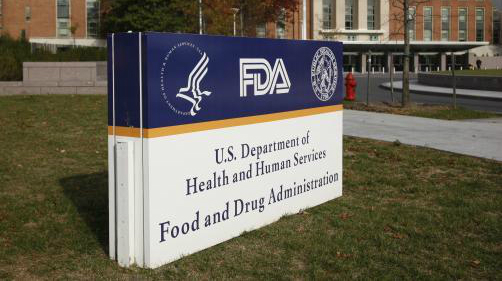BioMarin files achondroplasia drug after rejection for haemophilia therapy

US biotech BioMarin has hit back with a filing for a rare disease drug, after suffering what was described by analysts as a “major setback” when the FDA rejected its gene therapy for haemophilia A.
California-based BioMarin said the US filing for vosoritide in achondroplasia could lead to the first treatment for children with achondroplasia, the most common form of disproportionate short stature in humans.
This follows a European filing last week for the once daily injection of the analogue of C-type natriuretic peptide, although the company gave no details about a possible FDA decision date.
But the achondroplasia filing came the day after an unexpected FDA rejection for BioMarin's haemophilia A gene therapy Roctavian (valoctocogene roxaparvovec), which analysts estimate will delay approval by around two years.
BioMarin previously agreed with the FDA on a data package necessary to support approval, but the company said the regulator has introduced a new recommendation for two years of safety and efficacy data.
This data could be generated by the ongoing phase 3 GENEr8-1 trial which uses annualised bleeding rate as a primary endpoint.
The company said the new recommendation was not raised at any time during development or review.
There was no FDA inspection at its manufacturing facility for Roctavian, suggesting the regulator knew a rejection in a Complete Response Letter was due.
However a team of analysts from Jefferies said that EU regulators had given the manufacturing facility a clean bill of health should the product get approval on the other side of the Atlantic.
Describing the rejection as a “major regulatory setback” a team of analysts from Jefferies led by Eun Yang said a worst-case scenario where both drugs are rejected could reduce sales by 25% compared with previous estimates.
BioMarin already markets seven rare disease drugs and has seen its PARP inhibitor Talzenna (talazoparib), developed in partnership with Pfizer’s Medivation unit, get approval in the US and Europe.
It also has three other gene therapies in its pipeline for phenylketonuria, hereditary angioedema, and hypertrophic cardiomyopathy.












